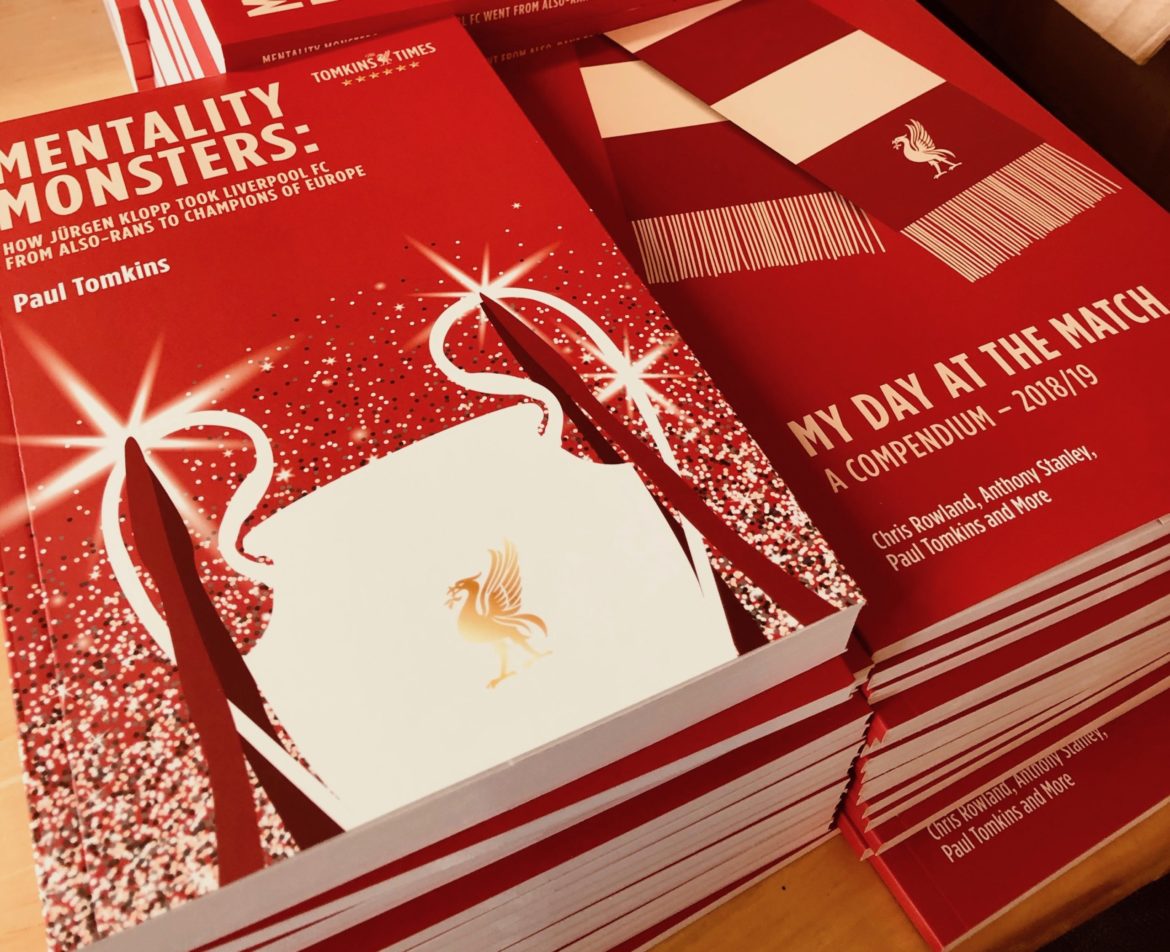
The following is a chapter omitted from the final draft of the book, in part in order to keep Mentality Monsters: How Jürgen Klopp Took Liverpool FC From Also-Rans To Champions of Europe at around 100,000 words, and also because, towards the end of the season, the focus shifted more towards the Champions League than the Premier League form.
Indeed, Liverpool themselves ended up ripping the precedents in the chapter to pieces by exceeding all the limits of what I thought possible, and blew the precedents out of the water. Of course, that would in many ways make the chapter more worthy of inclusion – as it defied almost all historic achievement – but with so much new content to add about the Champions League, and particularly the narrative elements of the season – telling the story of what happened and how things unfolded – something had to give in order to not make the book excessively analytical (with the more casual reader in mind).
But hey, it can now be revealed on here (albeit not as a chapter that was proofread by various people, so there may be a few minor errors).
As with a lot of the rest of the book, it recovers some ground I’ve gone over in the past, but hopefully in a more detailed, cohesive and frankly superior way. I’ve also gone through it this month (October 2019) to add a few more observations.
Note: as the chapter was not included in the final draft that was proofread, it may contain a few mistakes. Waring: may also contain nuts.
Cup Games and How They Tend To Affect League Form
Not only was Jürgen Klopp trying to drive Liverpool towards an elusive league title in 2019 – racking up a record-breaking points return for the club in the process – but he was doing so whilst managing a gruelling Champions League run. While Manchester City played a lot more cup games, they effectively faced some of the weakest opposition imaginable in the domestic competitions; and while you cannot criticise them for beating what was put in front of them, the weakness of the opposition in all domestic games – other than the League Cup final – allowed for some rest and rotation. Even City’s Champions League opposition were generally much weaker than Liverpool’s – Lyon, Schalke and Spurs, compared with PSG, Napoli, Bayern Munich, Barcelona (and Spurs) – and Liverpool went all the way, after City yet again crashed out before the semi-finals.
It’s worth taking a look at how much big cup runs traditionally take out of teams; especially teams outside the Big Three (Man City, Man United and Chelsea) in terms of £XI. This is the context required to highlight just what a sensational season 2018/19 was for Liverpool.
In the 26 seasons prior to 2018/19, Liverpool averaged a fraction over 15 cup games per campaign. In 16 of those 26 seasons the Reds played what can be called a “lot” of cup games: 15-25. In the other ten they played a much lower amount, between five and 14. (Although in 2018/19 it was 15, but 15 largely very tough games.)
This article/chapter is for subscribers only.
[ttt-subscribe-article]